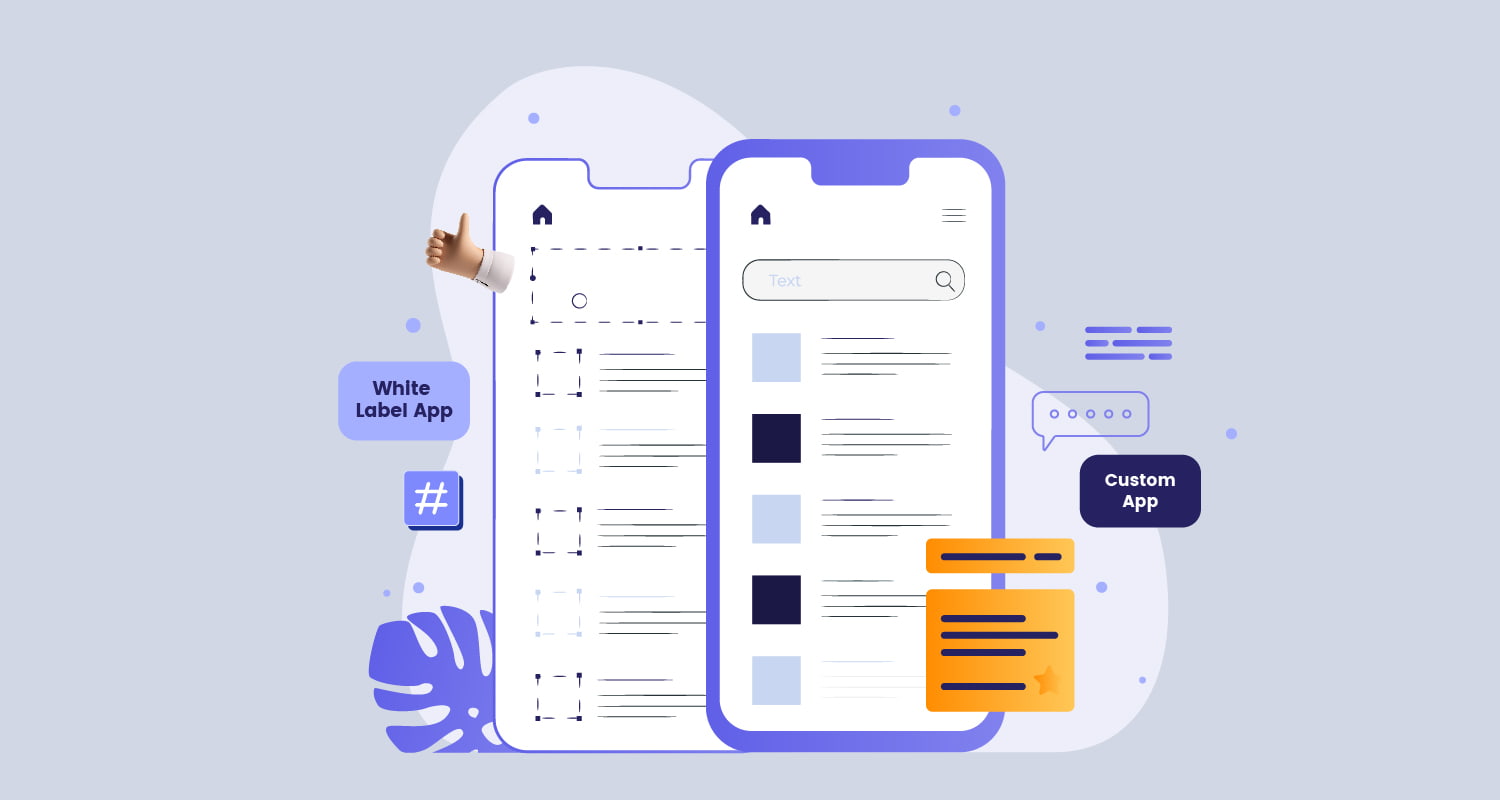
Trends Shaping the Future of Mobile App Development
By Udit Agarwal

The world of mobile app development has undergone a significant evolution over the past decade, driven by rapid technological advancements and changing user preferences. As we step into the future, several trends are poised to profoundly shape the landscape of mobile app development. These trends influence the construction of apps, redefine user experiences, and open new avenues for innovation.
Also Read: https://katharostechie.in/the-key-trends-shaping-mobile-app-development-in-2023/
5G Technology:
The rollout of 5G networks is poised to revolutionize mobile app development. With its ultra-fast data speeds, low latency, and massive connectivity capabilities, 5G will empower developers to create more immersive and interactive experiences. Apps will be able to seamlessly integrate augmented reality (AR), virtual reality (VR), and even cloud gaming, allowing users to access data-intensive content effortlessly.
Artificial Intelligence and Machine Learning:
AI and machine learning are becoming integral to app development. From chatbots that provide personalized user interactions to predictive analytics that anticipate user needs, AI-driven features enhance user experiences. Machine learning algorithms also enable apps to adapt and improve over time, making them more efficient and effective.
Internet of Things (IoT) Integration:
The proliferation of IoT devices leads to the creation of interconnected ecosystems. Mobile apps are becoming the central control hub for managing intelligent devices, from home appliances to wearables. App developers focus on creating seamless experiences allowing users to control and monitor their IoT devices from a single interface.
Progressive Web Apps (PWAs):
PWAs are web applications that offer a native app-like experience directly through a web browser. These apps eliminate the need for downloading and installing from app stores, reducing storage space and improving loading times. PWAs provide a responsive and engaging user experience with offline access and push notifications.
Enhanced Security and Privacy:
As mobile apps handle sensitive user data, security and privacy are paramount. Developers are implementing robust security measures such as biometric authentication, two-factor authentication, and advanced encryption techniques. Additionally, regulations like GDPR and CCPA require app developers to ensure transparent and compliant handling of user data.
Cross-Platform Development:
The demand for apps across various platforms has led to the rise of cross-platform development frameworks. Tools like Flutter and React Native enable developers to create apps that work seamlessly on multiple operating systems, reducing development time and effort.
Voice and Gesture Control:
Siri, Google Assistant, and Alexa have become ubiquitous. Apps are integrating voice recognition capabilities to offer hands-free interactions. Gesture controls, too, are gaining traction, allowing users to interact with apps through gestures, enhancing accessibility and convenience.
Augmented Reality (AR) and Virtual Reality (VR):
AR and VR are reshaping user experiences in mobile apps. From immersive gaming to interactive shopping experiences, AR and VR are finding applications in various industries. Developers are leveraging AR and VR to create captivating and engaging content that blurs the lines between the digital and physical worlds.
Instant Apps:
Instant apps allow users to access certain features of an app without downloading the entire application. The “try before you install” approach offers a smooth experience, encouraging users to interact with the app before fully installing it.
Blockchain Integration:
As Blockchain technology is making its way into mobile apps, especially in sectors like finance and supply chain management. Blockchain ensures data security, transparency, and immutability, making app transactions and interactions more secure and reliable.
Summary
In conclusion, a convergence of cutting-edge technologies, user-centric design principles, and seamless connectivity mark the future of mobile app development. Developers are focusing on creating experiences that are immersive, secure, and tailored to individual preferences. As these trends continue to evolve, the mobile app landscape will undoubtedly witness transformative innovations that shape how we interact with technology in the future.